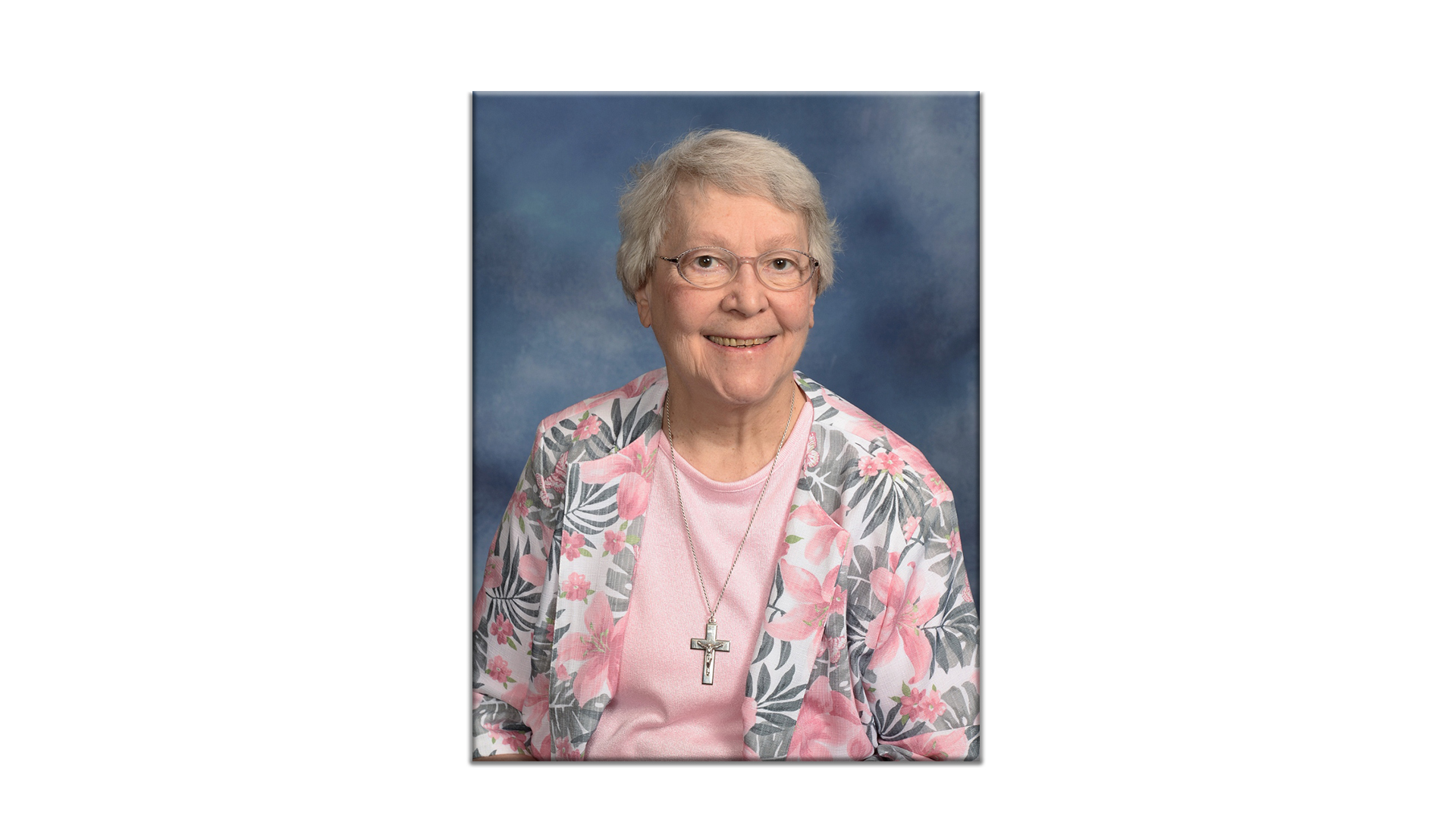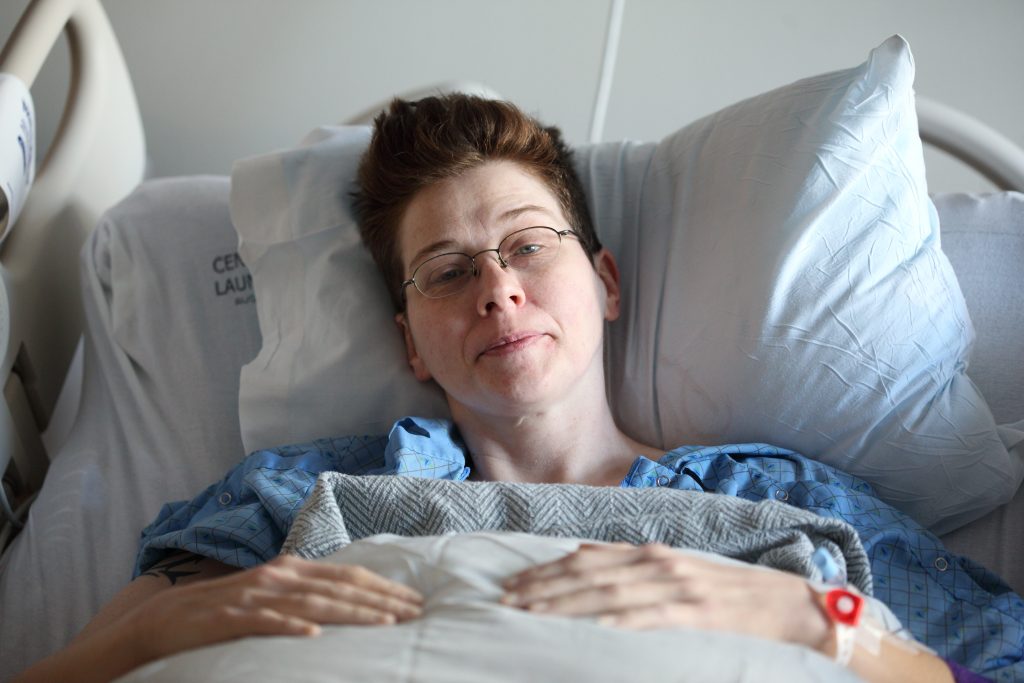
Sister Nancy Ann Johnson, OSF
January 9, 2024
With Hearts Full of Gratitude
January 19, 2024By Sister Karen Zielinski, OSF
 I want to go see her, but I just don’t know what to say,” my neighbor told me when she heard that our friend was diagnosed with cancer. I was concerned, and told her, “I think we can still call her and tell her we are thinking about her, praying for her. It would be best if we could visit her for a little while.
I want to go see her, but I just don’t know what to say,” my neighbor told me when she heard that our friend was diagnosed with cancer. I was concerned, and told her, “I think we can still call her and tell her we are thinking about her, praying for her. It would be best if we could visit her for a little while.
When friends or family get sick, we are often in an uncomfortable position of wanting to know how they are doing. We are concerned about them and want to know about their surgery, treatments, release date etc., but we are hesitant to visit or even call them. What is the proper “étiquette”, if there is any, for visiting or calling someone who is ill or dying? Calling a sick friend is not an everyday phone call like telling someone we are going to the mall or that we want to go to a movie with them.
Health problems are serious stuff. We are timid and tentative because we do not deal with this too much, and do not want to say or do anything that is not sensitive to our sick friend. It can be an awkward situation for us.
Francis’ presence to people can guide us. “Francis once took a certain sick brother, who he knew had a longing for grapes, into the vineyard and sitting down under the vine, he first ate to give the other courage to eat.” (The Second Life of St. Francis by Thomas of Celano, Ch. CXXXIII, No. 176). Francis sat down with the brother and ate. He did not just send the brother the grapes or another brother as a representative. He was present to his sick brother. His presence was his visit, his words.
 I have the greatest respect for the sensitivity and wisdom of hospital chaplains, and Pastoral and Hospice staff. They are so comforting and calming in nursing homes and hospitals. They are well trained, enhanced by their real-life experience. I have learned much when I am with them with a patient.
I have the greatest respect for the sensitivity and wisdom of hospital chaplains, and Pastoral and Hospice staff. They are so comforting and calming in nursing homes and hospitals. They are well trained, enhanced by their real-life experience. I have learned much when I am with them with a patient.
Every patient is different, and there is no pat answer on what to say to a person who is sick. There is little you can say to make it better, whether the person is dying or will not recover.
If you feel like you don’t know what to say, tell them that. It is important to ask the person how they are, to let them talk, or to tell you “what hurts” and not presume you know how they feel. You don’t know. No matter what they say, take them seriously and validate their feelings. Let the person know you are there to support them, pray for them and help them in any way you can.
You do not have to make your visits long. You can pray with them or read the Sunday Gospel or a psalm. You can bring them cheerful news or sit in silence. Silence can help everyone. A visit does not have to be filled with words. Touch them before leaving, hold their hand or place a hand on their head. You can offer to help by mailing or writing a letter, watering a plant, or other forms of service.
Francis of Assisi was relational. He would visit the sick, he was present.
Your presence says much more than words.







